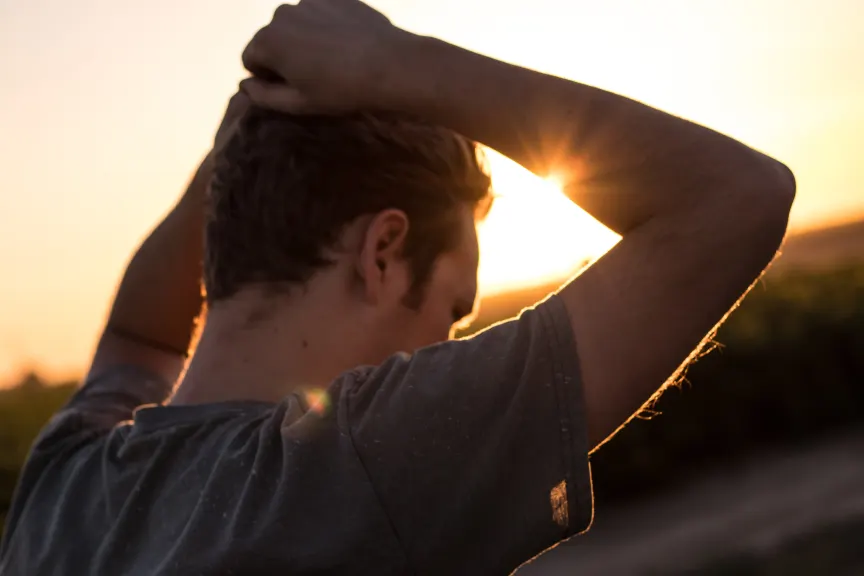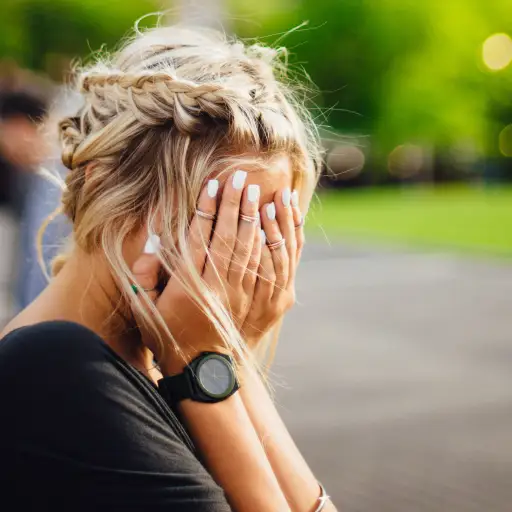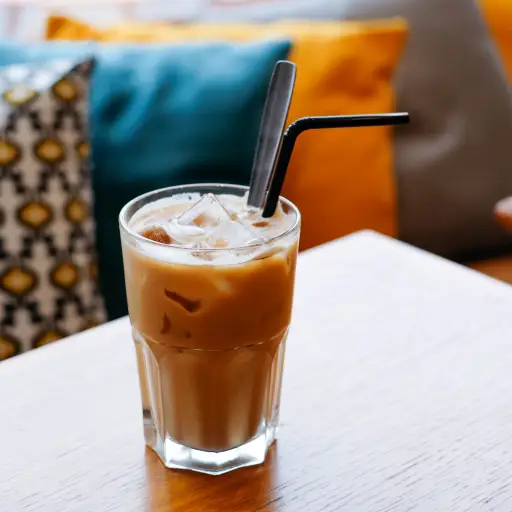10 Top Myths About Anxiety
There are nooutward signs of an anxiety disorder, so it’s impossible to spot if somebody has one unless they tell you. (Trust me, it doesn’t come up as often as you’d think.) People often describe me as chill or mellow, but I have full-blown panic attacks almost every day. Since everyone experiences anxiety to some degree, there’s plenty of misinformation out there about this potentially debilitating condition. Let’s fix that by crushing 10 common myths about anxiety.
MYTH: Feeling Nervous or Shy Means You Have an Anxiety Disorder.
Having anxiety has never been cooler. Check out the 11,293,045 Instagram posts with hashtag #anxiety to get an idea of just how popular it has become. More mainstream acceptance is great, but on the other hand, there’s also a lot of misappropriation. The words “anxiety” and “anxiety attack” have gone from the psychiatrist’s office to the mainstream. I’m all for frank discussions about mental illness, but when others confuse the situational nervousness we all feel with an often-debilitating diagnosed anxiety disorder, it’s trivializing at best. Someone with an anxiety disorder has persistent anxiety that doesn’t abate. Their symptoms can get worse until they interfere with their daily life, tank their work performance, and damage their relationships. At a party, I once made the mistake of turning down a drink saying, “No thanks, I just took a Xanax.” This led to a series of conversations I wish I never got involved in. One partygoer confessed that he, like me, had an anxiety disorder—presentations “sometimes made him nervous,” he said. Then there was the guest who told me she popped Xanax all day because of her shyness …yet she was not too shy to approach a stranger and ask for an extra pill. Part of me is glad that those people felt free to open up to me. The other part of me wishes they understood the difference.
MYTH: You’re a Freak for Having So Many Anxious Thoughts and Feelings.
You know what makes anxiety worse? The isolation and loneliness you feel when you assume that everybody else is living their best life and keeping themselves together while you’re falling apart inside. You might be anxious, but you’re definitely not alone. In fact, 19 percent of adults have experienced an anxiety disorder in the past year, according to theNational Institute of Mental Health. That’s almost one in five people, over 40 million Americans. Next time you’re at the supermarket, look around and count five people in the produce aisle. Statistically, one of these people handling Gala apples is just trying to get through the day despite panic attacks, generalized-anxiety disorder, or social phobias. There’s nothing weird about your condition. I had no idea that anyone I knew had also experienced a panic attack until I finally told to friends and family about mine. I was shocked at how many could relate to what I was going through.
MYTH: Drinking Coffee Kicks Anxiety and Panic Into Overdrive.
If you Google what to do about anxiety, the first answer you’re likely to get is to give up your morning coffee. I tried it twice—for almost a year at a time—and it had no effect on my anxiety. What it did do was deprive me of an energy boost and the day’s first moment of pleasure. “Coffee is not the devil,” says Marianne Gillow, M.D., New York City psychopharmacologist in private practice. (Full disclosure: She’s also my psychopharmacologist.) For many people, the caffeine jolt may actually relieve some anxiety. The theory is that it raises dopamine, a neurotransmitter that promotes a feeling ofwell-being. I’m not saying you should start slamming espressos. Dr. Gillow warns that coffee “needs to be well-managed or indeed it can cause anxiety.” Meaning, you’ve got to know your limits. We anxious folks are likely to interpret a rapid heartbeat or caffeine jitters as the start of a panic attack, which could trigger an actual panic attack, and that’s not fun for anyone. You don’t have to quit coffee. If you can handle a cuppa or two, by all means enjoy them. However, if caffeine doesn’t agree with you, there’s always decaf.
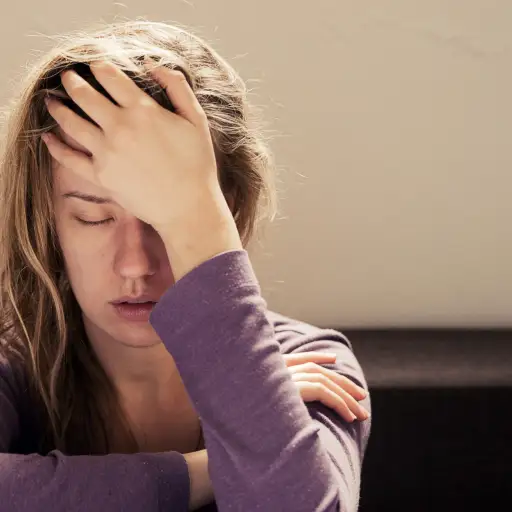
MYTH: All This Stress is Killing You.
Nah. “Not all anxiety is bad,” says Mark R. Evces, Ph.D., assistant director of mental health at NYU School of Medicine’sWorld Trade Center Health ProgramClinical Center of Excellence in New York City, where he treats first responders involved in the aftermath of the 9/11 attacks. (Full disclosure: He’s also my psychotherapist. I see a lot of doctors, what can I say?) “You need a certain level of anxiety at times to stay engaged with your life,” he says. Dr. Evces isn’t just giving a pep talk either—there’s even a theory of psychology called TheYerkes-Dodson Lawthat says optimal performance requires an appropriate level of anxiety. It explains why people score higher on exams when they’re a little bit nervous, and why the right amount of stress provides the focus, motivation, and attention that’s vital to peak athletic performance. So don’t let the first hint of anxiety immediately send you into a negative spiral. Instead, take a couple of deep breaths like an Olympian preparing to compete, and try to harness your nausea and butterflies into super-productivity powers.
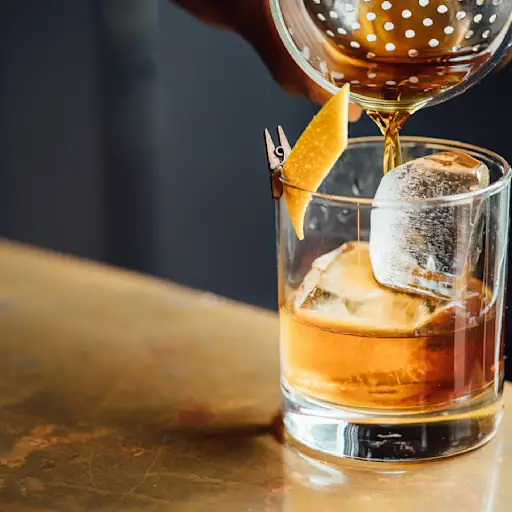
MYTH: Alcohol is a Perfectly Acceptable Remedy for Anxiety.
与酒完全自行疗伤…直到它工作doesn’t. When I first started experiencing symptoms of PTSD, panic, and agoraphobia, I turned to Dr. Jack Daniel’s to get through the day. (Not my best idea). Two shots of whiskey and a beer would calm me down enough to leave my apartment. Socializing required a heavy night at the bar. When I woke up the next morning, my anxiety level would be through the roof. Turns out alcohol leads topoor-quality sleep一项研究显示,医学环宇ity of South Carolina, the withdrawal after a night of drinking actually causesmore anxiety, which feels worse than the anxiety you were trying to drink away in the first place. Not to mention the obvious: If you consistently turn to the bottle to deal with an anxiety disorder, it’s likely you’re just adding a new and serious problem to the one you’re not properly dealing with. I’m not telling you to abstain from alcohol. I’m just saying that it’s not going to help with your anxiety.
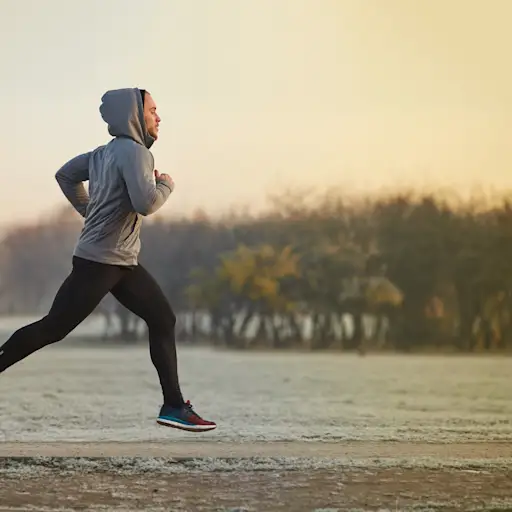
MYTH: You Can Cure Anxiety With Rigorous Exercise, Natural Herbs, Mindfulness, and Relaxing Self-care Rituals.
My social-media feed is overflowing with people who’ve managed to “cure” their anxiety by taking up running, drinking chamomile tea, getting acupuncture, or bathing with lavender essential oils. All those things are fine ways to spend time, but there’s not a running trail or claw-foot tub on this earth capable of fixing a diagnosable anxiety disorder. Herbs can smell heavenly and help you relax, but according to The Mayo Clinic, science isn’t sold onherbal anxiety treatmentslike kava, valerian root, chamomile. That’s not to say they’re utterly useless. Dr. Gillow suggests testing them with an it-can’t-hurt approach. (Get an OK from your doctor, first.) “There’s nothing wrong with starting with alternative treatments and self-care. But please, if it isn’t working, move to scientifically-proven methods after three months.”
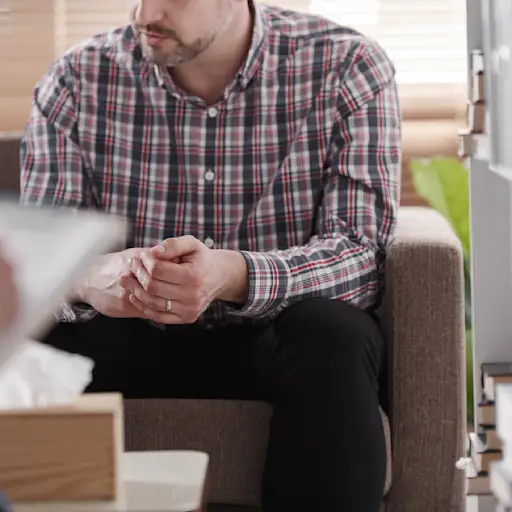
MYTH: You Don’t Need Treatment. Eventually, It’ll Pass.
Actually, pretending your anxiety disorder isn’t there is a surefire way to guarantee that it negatively affects your quality of life. Anxiety doesn’t just go away like a common cold. It takes real effort to manage your anxiety and still live your life. “If anxiety prevents you from living a meaningful life, it can lead to depression or dependency,” says Dr. Evces. A study from the Archives of General Psychiatry says that untreated anxiety can take a toll onphysical health, too, closely mirroring the effects of diabetes or congestive heart failure. TheAnxiety and Depression Association of Americaestimates that only 37% of anxiety sufferers receive effective treatment, like therapy or medication. Your anxiety can get better, but it’s not going to happen on its own. You have to take an active role in treatment under a qualified professional.
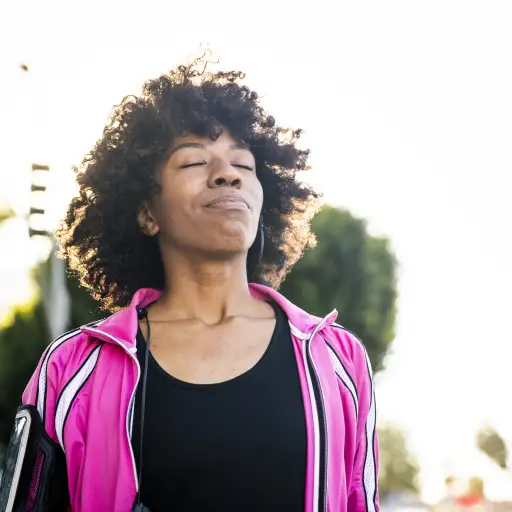
MYTH: Taking Deep Breaths Will Fix Your Anxiety.
Breathing is good. We all have to do it to survive. Purposefully breathing (for example, in through the nose for a count of four, pausing for a count of seven, and breathing out through the mouth for a count of eight) can help calm you down during a panic attack, but breathing alone can only do so much. There are levels to this panic game, and while I’ve been able to breathe my way out of a level four or five attack, I’ve never sustained enough focus to inhale-exhale myself out of a severe one. That requires a huge amount of work and preparation on your part, beginning with getting screened by your primary care physician to rule out physical causes of your panic, regulating your stress with physical exercise and a meditation practice (yoga counts as both), and finding a therapist to help you come up with specific action plans for situations like this one.
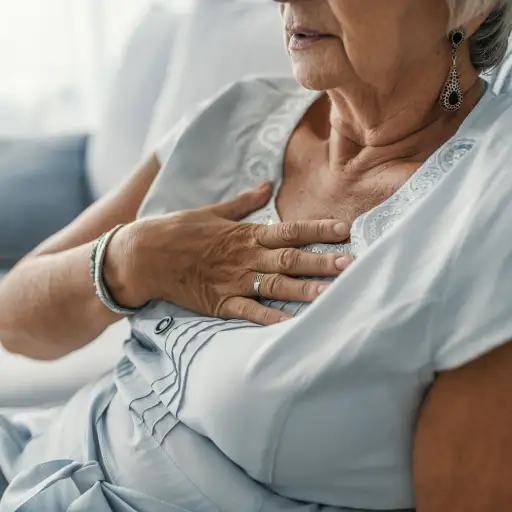
MYTH: You’re Having Heart Attack.
I get it. Your chest is tight, you’re hyperventilating, your heart is pounding, your hands and feet feel numb. Fear, dread, and unreality have taken over your brain. You’re sure you’re about to keel over and die. You’re not crazy. These are the symptoms of a panic attack. In fact, a panic attack and a heart attack feel so similar that many people call an ambulance for assistance. (The one good thing about having your first panic attack is you’ll be better able to determine if future “heart attack” symptoms differ from that experience. If it’s an actual heart attack, you’ll know.) Still, don’t overreact. Sam Torbati, M.D., medical director of Los Angeles’ Cedars-Sinai Hospital Emergency Department, and Redditors of PanicAttack agree: If you’re under 45, physically healthy, and have a history of anxiety, symptoms are likely to go away after a few minutes of deep breathing. Just as a note, there have been exactly zero documented heart attacks that cleared up after breathing exercises. That said, if you’re middle-aged or older, you have known heart disease or other risk factors, or your symptoms are ongoing after 15 minutes or so, head to the ER to make sure.
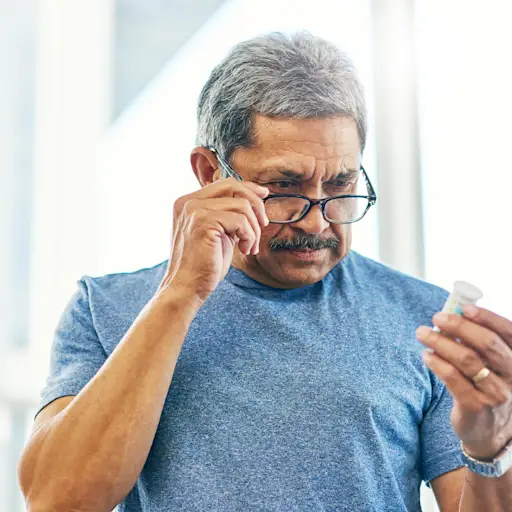
MYTH: Taking Medication is a Sign of Weakness.
Men who think stoicism and masculinity are the same thing seem to fall for this myth the most. But even Dirty Harry wouldn’t begrudge someone taking medication for a treatable physical condition. He’d probably even pop a couple of aspirin for a splitting headache. So why is there still a stigma about psychiatric medications? SSRIs, benzodiazepines, and beta blockers have a well-documented history of providing long- and short-term relief from the symptoms of anxiety. But treatment for anxiety doesn’t begin and end with medication. Here’s what I do consistently to manage my panic and anxiety: Breathing exercises; daily Zoloft, propranalol, gabapentin, and Xanax; mindfulness meditation every weekday; talk therapy with my psychologist every Friday; a weeklyMindfulness Based Stress Reductionclass; yoga classes three to four times a week; cardio twice a week; a monthly visit to my psychiatrist; challenging myself to go beyond my comfort zone every day; reading new and exciting articles (or old and boring ones) about my conditions. You’re doing that last one right now. Why not add a couple more?
Eddie McNamara is a 9/11 first-responder and former cop turned vegetarian chef and author. He's been living with panic disorder and PTSD for 17 years, and he'll be sharing his experiences, thoughts, and seriously hard-won advice every month. Check out all his columns for "Panic in the Streets."

